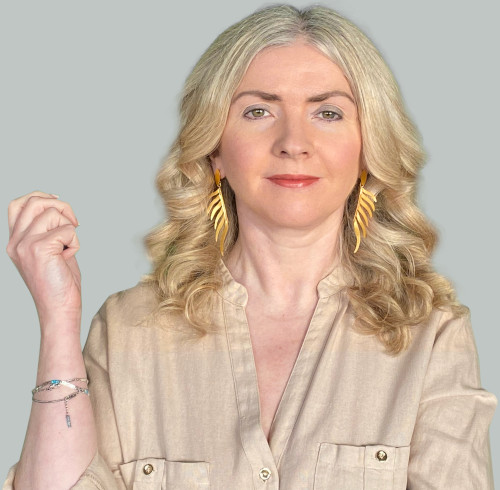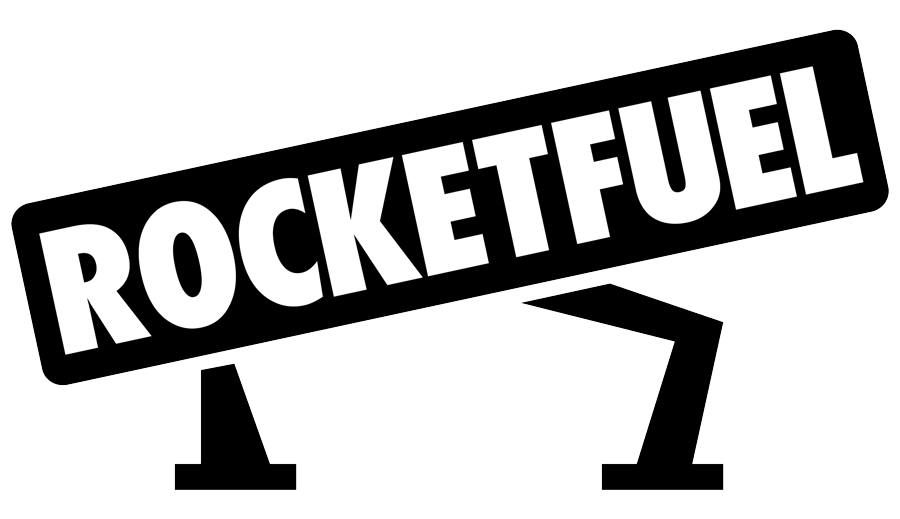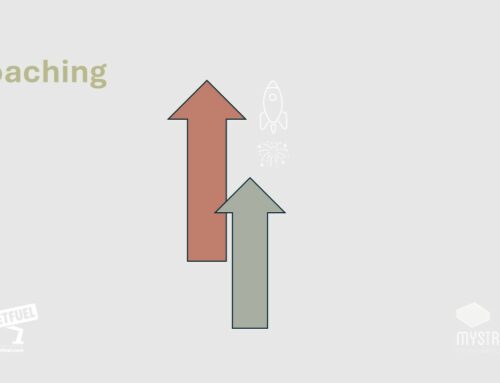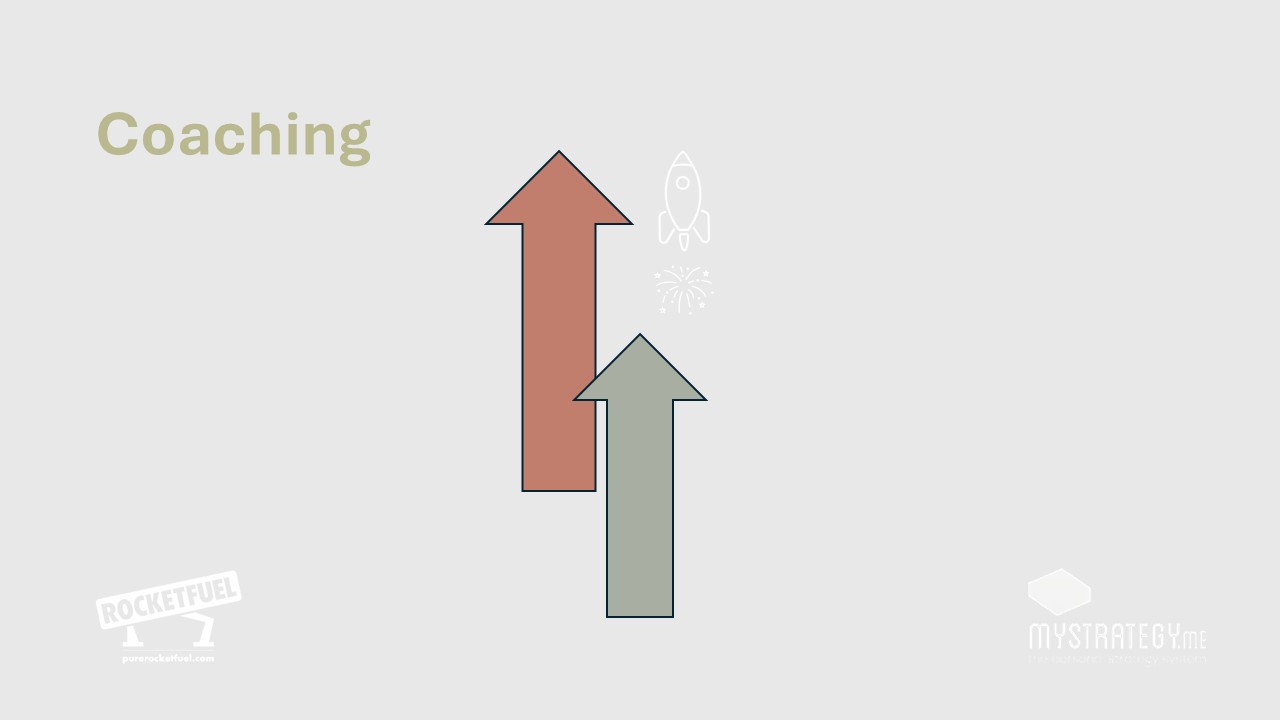
Coaching is a craft that has been around for quite a while, but the role of the Coach remains oddly mysterious to some, says Leadership & Performance Coach, Davina Greene.
Coaching is an excellent tool for personal development, or to accompany other forms of organizational Employee Development.
Often confused with mentoring, we should make the distinction here that a mentor is generally expected to have direct knowledge and personal experience in relation to the topic being mentored (a scientist neighbor advising your daughter as she contemplates a career in the Sciences after school; a successful CEO advising an aspiring business-starter; a Finance Manager taking a Customer Service Agent under his wing as she contemplates a career shift into Finance; a Manager teaching a Team Leader their new responsibilities within the TL role…). The primary expectation from a pure mentor might be statements such as “This is what you should do/what I did”.
The role of the coach, on the other hand, is to keep the wide view, steer clear of the detail, and watch – and question! – the thinking and behaviors they are witnessing within the client. Coaching conversations ‘dig deeper’ than more instructional or hierarchical interventions, and so the coachee has the chance to really think laterally and learn about how they themselves function. The equivalent expectation from a pure coach would be a question such as “What do you think you should do, and why?” and to then enter into discussion about the response.
That said, you can google ‘coaching versus mentoring’ and find many definitions that contradict my above version. And many people can offer you both in combination – for example, many people who have led in organizations jump ship into Coaching as a career, and so can offer both angles to an organization-based client.
What is most important is that you know what you need in any given situation, and find the right person/service.
Perspective on the Role of the Coach
Many people remain confused about the application of Coaching to life or work, with cries of “I know what I’m doing, I don’t need an outsider telling me what to do! If these coaches know so much, why aren’t they running this company?!” echoing through the corridors of some organizations. Hmmm…when was the last time you switched on the tennis coverage to watch Roger Federer’s coach play Rafael Nadal’s coach?!
You may want to be the CEO of a large company one day, and that’s great. The coach probably does not. The coach does, however, want to help people achieve their goals through behavioral adaptation, and strong planning and action-taking. If becoming a CEO is your goal, then a coach could help you build the Leadership-oriented skills you will need, and take the steps to move yourself forwards (If you want someone to hand over their ‘little black book’ of useful business contacts, recommend any courses they did to enhance their legal/regulatory/strategic skills, and regale you with tales of their route to being a CEO, then what you want first and foremost is a mentor).
Likewise, if you’re an individual who is very conscious that you’ve become a servant ‘doormat’ to your family and friends and are keen to become a bit (or a lot) more assertive, a coach can help you design the steps to achieve this and accompany you through the difficult process of establishing that new habit.
If, throughout the coaching relationship, your performance and wellbeing improve, and you are leaping over – or charging through – obstacles to get to your goal, the Coach is content. If you don’t achieve, or don’t even try (despite spending money on this service), the coach can do little after a certain point: it’s a partnership, not a parent-child relationship.
Different degrees of challenge and urgency can be agreed between coach and client; if you want your coach to push you harder than you’re already pushing yourself, to keep you on your toes, fine. If you want the coach to make you care in the first place, you’re not ready for coaching. If that’s rooted in sadness or similar, perhaps you require counselling or therapy first. If it’s rooted in laziness…perhaps be honest enough to make that Topic #1, rather than some challenge you haven’t even convinced yourself of yet.
I find myself increasingly describing the role of the Coach as “your cheerleader throughout your efforts”. All of the other nuts and bolts – questioning, challenging, suggesting, seeking accountability, asking about plans… – are simply the mechanics under that umbrella aim.
The Role of the Coach, in Stages
The role of the coach is to engage with the client in order to facilitate exploration, awareness, then choice. Only then can goals be set and achieved. Once the choice is made, a very key period is the period of Behavioral Change embedding that likely needs to result, whether that’s fixing a current problem or dialing up an already-existing skill. What is often misunderstood is that just knowing what the issue is is not a solution; reflection, planning and practice of a chosen adaptation is the solution. Most people will not do this without a co-pilot accompanying them, and perhaps challenging them, throughout that journey to a new ‘way of being’ – because it’s hard. That’s the role of a Coach: your co-pilot.
I illustrate this to individuals, and to managers, using the following diagram, so that the opportunity to create the real change – the behavioral change – is not missed. All too often, “Yes, we agreed he needs to become more resilient and he’s going to go off and work on that”, or “She’s been working on her poor collaboration skills for a couple of months now, but I’m not seeing any real difference” are where these matters are left. in a workplace context. Or “I already know I need to be more assertive with everyone in my life, to stop feeling like a doormat. What more can a coach really tell me?” is where an individual may leave it, in the non-work context.
The “exploration, awareness, then choice” piece is pretty much all covered off in the small gold box, whether alone or with a coach. The next box, however, is where the real effort kicks in. Some can achieve it alone; most cannot. As we know, even the most renowned CEOs and sportspeople have coaches.

The Core Role of a Coach
It is important to note that the primary role of the coach is not to tell you what to do. You are the expert in your own subject matter. What actions you ultimately take between/after sessions is entirely up to you.
It is not the role of the coach to be a genius or a mind-reader. It is not the role of the coach to understand the exact, minute mechanics of your life or business, or to guess what you do not tell them. All that’s needed is honesty, openness and a reliable, general overview of your context. Then, the client’s enthusiasm; engagement is absolutely paramount.
Bear in mind: if you’re operating at a certain career level and are surrounded by ambitious people, there’s a strong chance that your competitors are already – very silently, in the background – working with a coach, if it’s not a formal service provided by the company.
Conclusion on the Role of the Coach
Engaging a Coach is a smart route to the building of a robust human being, from the inside out. This assumes, of course, that behavioral change is visible within the coaching period, and that learnings from the process are verbalized for digestion and re-application (solo) in the future. After all, no good coach is trying to keep you on their books long-term; they are seeking to be your co-pilot during a period of growth and development, then set you free to apply what you’ve learned.
Wouldn’t it be nice to operate at a new, higher level? Consider if a Coach could be a beneficial ‘accountability partner’ and ‘cheerleader’ as you aim to achieve your goals.
Alternatively, if you feel like some solo reflection and exploration first, take a look at MyStrategy.me – it may well help you get your thoughts on yourself and your life in order, to see where you really stand right now; to start the conversation with you.
Interested in investing in your own personal – and personal strategy – development? Check out www.MyStrategy.me!
Share This!
About the Author
